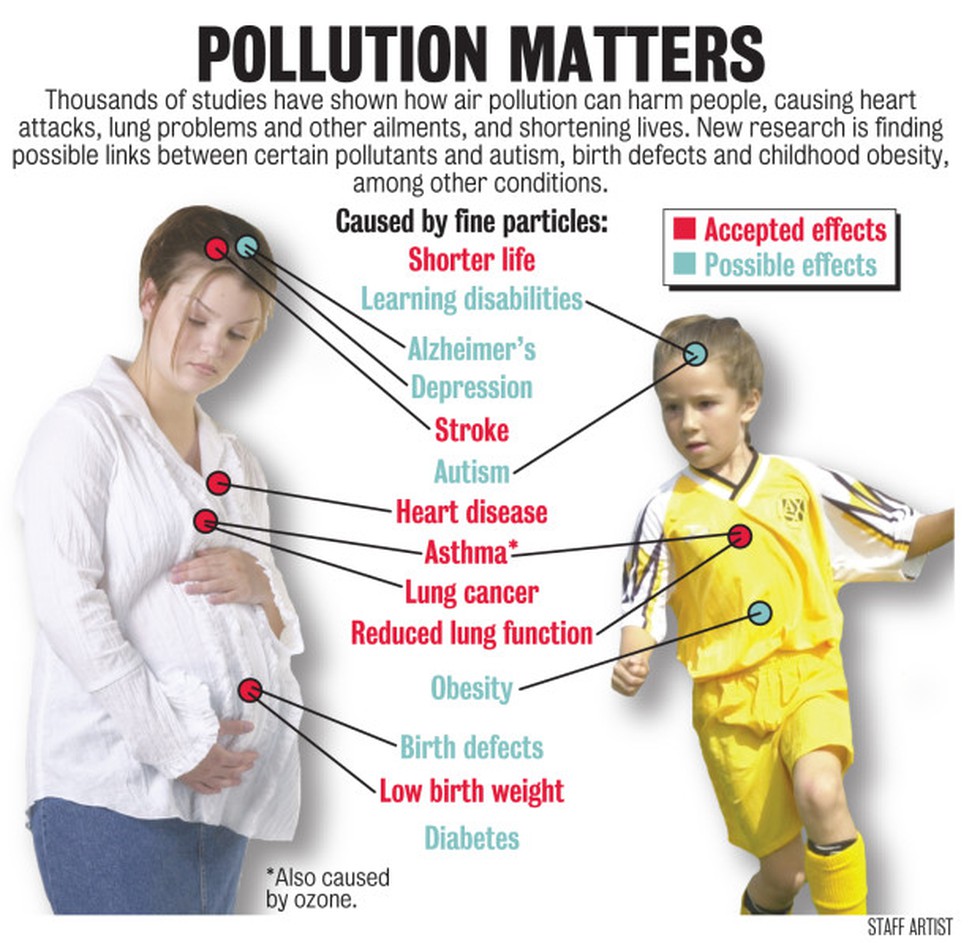Key findings of the report:
- Air pollution affects neurodevelopment, leading to lower cognitive test outcomes, negatively affecting mental and motor development. Air pollution is damaging children’s lung function, even at lower levels of exposures.
- Globally, 93% of the world’s children under 15 years of age are exposed to ambient fine particulate matter (PM2.5) levels (i.e. 1.8 billion of children under 15 years).
- In low- and middle-income countries around the world, 98% of all children under 5 are exposed to PM2.5 levels above WHO air quality guidelines. In comparison, in high-income countries, 52% of children under 5 are exposed to levels above WHO air quality guidelines.
- More than 40% of the world’s population – which includes 1 billion children under 15 - is exposed to high levels of household air pollution from mainly cooking with polluting technologies and fuels.
- About 600’000 deaths in children under 15 years of age were attributed to the joint effects of ambient and household air pollution in 2016.
- Together, household air pollution from cooking and ambient (outside) air pollution cause more than 50% of acute lower respiratory infections in children under 5 years of age in low- and middle-income countries.
- Air pollution is one of the leading threats to child health, accounting for almost 1 in 10 deaths in children under five years of age.
